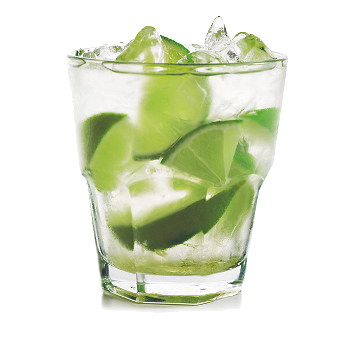 Drinks, or beverages, are liquids specifically prepared for human consumption. In addition to basic needs, beverages form part of the culture of human society. Although all beverages, including juice, soft drinks, and carbonated drinks, have some form of water in them, water itself is often not classified as a beverage, and the word beverage has been recurrently defined as not referring to water.
Drinks, or beverages, are liquids specifically prepared for human consumption. In addition to basic needs, beverages form part of the culture of human society. Although all beverages, including juice, soft drinks, and carbonated drinks, have some form of water in them, water itself is often not classified as a beverage, and the word beverage has been recurrently defined as not referring to water.Drinking has been a large part of socialising throughout the centuries. In Ancient Greece, a social gathering for the purpose of drinking was known as a symposium, where watered down wine would be drunk. The purpose of these gatherings could be anything from serious discussions to direct indulgence. In Ancient Rome, a similar concept of a convivium took place regularly.
Water is the chief constituent in all drinks, and the primary ingredient in most. Water is purified prior to drinking.
The process of extracting juice from fruits and vegetables can take a number of forms. Simple crushing of most fruits will provide a significant amount of liquid, though a more intense pressure can be applied to get the maximum amount of juice from the fruit.
A non-alcoholic drink is one that contains little or no alcohol. This category includes low-alcohol beer, non-alcoholic wine, and apple cider if they contain less than 0.5% alcohol by volume. The term "soft drink" specifies the absence of alcohol in contrast to "hard drink" and "drink". The term "drink" is theoretically neutral, but often is used in a way that suggests alcoholic content. Beverages such as soda pop, sparkling water, iced tea, lemonade, root beer, fruit punch, milk, hot chocolate, tea, coffee, milkshakes, and tap water and energy drinks are all soft drinks.
An alcoholic beverage is a drink that contains ethanol, commonly known as alcohol (although in chemistry the definition of "alcohol" includes many other compounds). Beer has been a part of human culture for 8,000 years.
Copyright © 2024 vnvn00021.avdtv.com All rights reserved 
